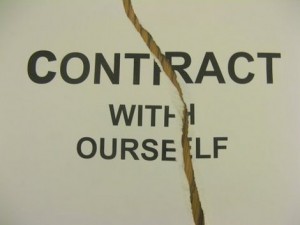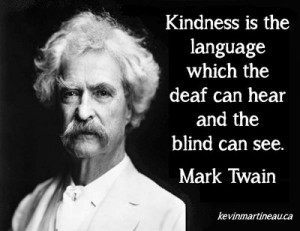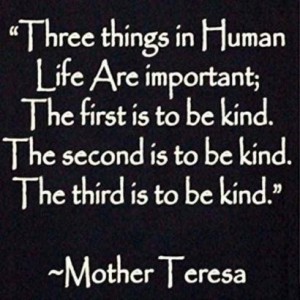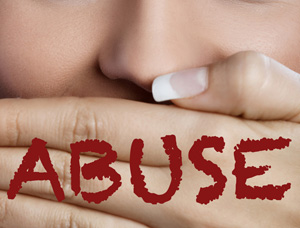 Making and keeping promises to ourselves is equally important as making and keeping promises to others. We have discussed in class with our students that making a promise to others carries with it a responsibility to do everything we can to complete our promise. So if we promise to meet someone at a given time, or to pick some one up or teach them a skill – keeping the promise builds trust in each other.
Making and keeping promises to ourselves is equally important as making and keeping promises to others. We have discussed in class with our students that making a promise to others carries with it a responsibility to do everything we can to complete our promise. So if we promise to meet someone at a given time, or to pick some one up or teach them a skill – keeping the promise builds trust in each other.
All of us are willing to go to great means to be sure that our word is good with others. We should however consider the effects of keeping promises to ourselves. Our commitment to keep our word and promises to ourselves also builds trust. We may make a promise to ourselves to be on time for an event or in general. Breaking a promise to ourselves can begin to break down the trust we have in ourselves and damage our own self-respect. If we are a student in school and we promise ourselves to try our hardest or study our best – if we keep the promise we are feeling very good about ourselves – this builds self esteem, even if we did not score as high as we wanted to on a test. Think though how we feel about ourselves if deep down inside we know we did not keep that promise of giving our best.
In time we may even stop making promises to ourselves and begin living our lives without goals or aspirations. How sad to take the possibility of our great life that we have and allow it to become just mediocre. Even sadder if we are a parent for our children to watch us not keep promises to ourselves and for them to lose respect for our parenting.
We can do all of this by being careful about the promises we make with ourselves and be sure they are realistic and attainable. We should think about the trustworthy factor both in ourselves and that of others in us. Making and keeping promises will tend to grow our trust in our own abilities and motives. Keeping our promises will build our self esteem.
A promise is a contract and is important to keep with others and ourselves.

 Just 4 months left in my time here in Wudang. We use the word graduation to refer to September 1st of this year for lack of a better word, but in some ways it is appropriate. Like every graduation I have experienced so far, these months leading up are full of all kinds of things: trying to cram every last bit of training in to get the most possible out of the time, getting ready emotionally to say goodbye to what has been my home for the last five years, trying to imagine what the future holds after graduation and be ready for it, and also tending to all the little logistical trivialities that actually seem to make up most of life.
Just 4 months left in my time here in Wudang. We use the word graduation to refer to September 1st of this year for lack of a better word, but in some ways it is appropriate. Like every graduation I have experienced so far, these months leading up are full of all kinds of things: trying to cram every last bit of training in to get the most possible out of the time, getting ready emotionally to say goodbye to what has been my home for the last five years, trying to imagine what the future holds after graduation and be ready for it, and also tending to all the little logistical trivialities that actually seem to make up most of life.



